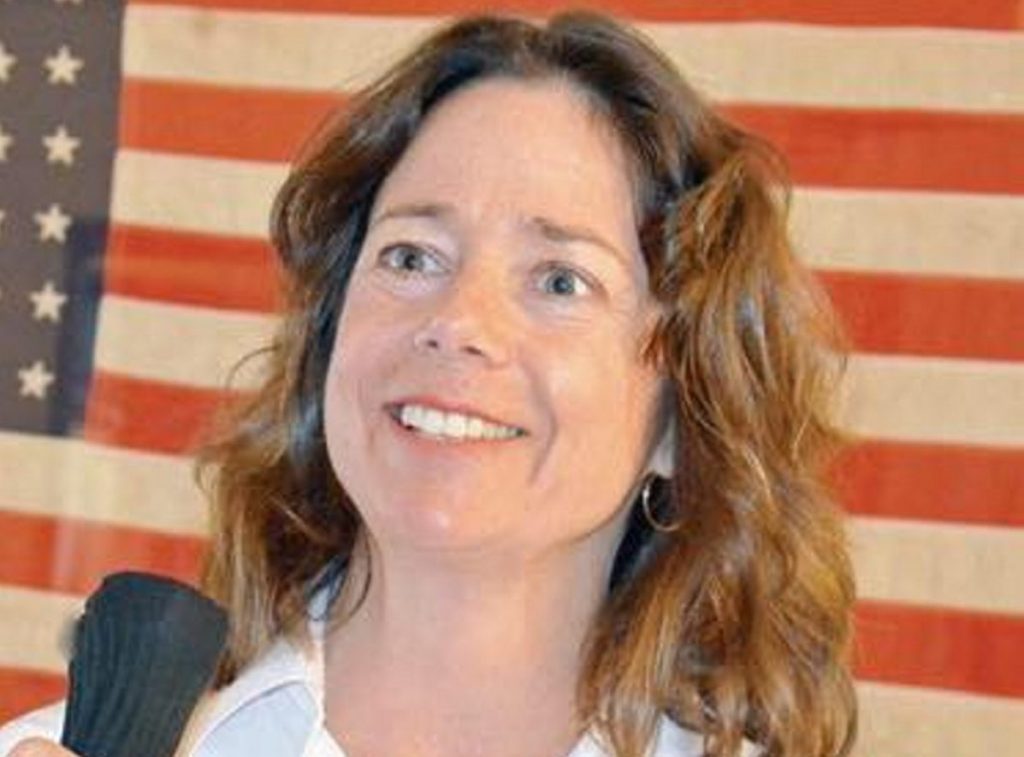I was robbed at gunpoint at age 16 by a masked man in Manchester, Maine. He was later discovered to be a convicted felon high on drugs who had been recently released from prison. His accomplice who waited in a getaway car had a similar story with a history that included raping a nurse at knifepoint in a hospital parking lot. From the way his eyes looked at me, framed by that scary mask, this came as no surprise.
Luckily for me I had been trained well for this moment and complied with the robber’s request to put the money in a paper bag and hand it to him. My parents, who owned the store I was working in, had raised me well and I knew that in this situation it was best to follow the orders of the robber. Later that evening the robbers were caught a few miles away, due in part to some luck, and some quick thinking by my co-worker and my dad, who we called right after calling the police.
When it was over, I never even considered blaming the gun for the crime. Taking away the rights of others because one man put a gun in my face to commit a crime made no sense to me. According to a study from the University of Pittsburgh, 80 percent of gun violence is committed by a person who obtained the gun illegally. Making gun laws more restrictive in an attempt to stop a group of people who don’t follow the law to begin with doesn’t make a whole lot of sense either. The guy who robbed me had a felony record and it was against the law for him to have a gun — yet he had one. It was against the law for him to force me to my knees and terrorize me with a gun — yet he did it anyway. It was against the law for him to be on drugs — yet he was stoned out of his mind and later on claimed he did not recall committing the actual robbery. It was against the law for him to commit armed robbery — yet he did it anyway. Criminals do not follow the law.
I grew up around guns. I know their purpose and I’ve been taught gun safety. As children, my brothers and I did not play violent video games, we went to church every Sunday and had two parents who stayed married until their deaths. Occasionally we were spanked as children because our actions had consequences.
Later on while I was attending college in Portland, I lived alone on Congress Street in a shady section of town where prostitutes openly walked the streets, although until one propositioned my boyfriend I did not realize what they were doing. I had no phone and no car and walked back and forth to the university, sometimes at night because that is when my classes were scheduled. I was afraid for my safety and wanted to protect myself. It was and is my responsibility to take care of myself.
I went to the chief of police and filled out the necessary paperwork to obtain my handgun permit. I vividly remember the police chief being a chauvinistic pig who questioned why a “little girl” needed a gun. I explained to him that it was every American’s constitutional right, and he reluctantly gave me my permit. I bought a small-caliber handgun and kept it in my zipped jacket pocket, which gave me the confidence and security to live alone and safely and attend my classes.
I did not act like a victim after I was robbed. I acted pragmatically, by adapting my lifestyle, exercising my constitutional rights and using the resources that were available to me. In short, I got a gun. I knew that guns do not hurt people, but rather morally bankrupt people hurt people, and that the best way to deal with those people is to be ready for them.
The Maine Constitution says: “Every citizen has a right to keep and bear arms for the common defense; and this right shall never be questioned.” That’s pretty clear. All of us have a right to protect and defend ourselves and our families and I thank God that I live in a state where that right can never be questioned.
Paula Sutton is a Republican state representative from Warren.
Send questions/comments to the editors.



Comments are no longer available on this story